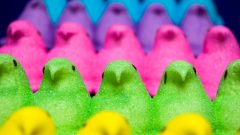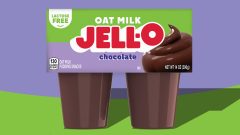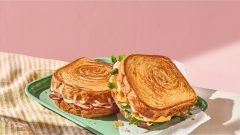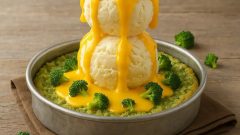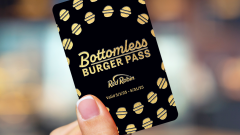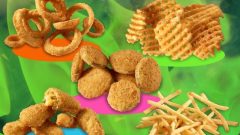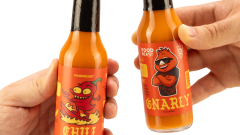Man Lost 100 Pounds By Switching To An Indigenous Foods Diet
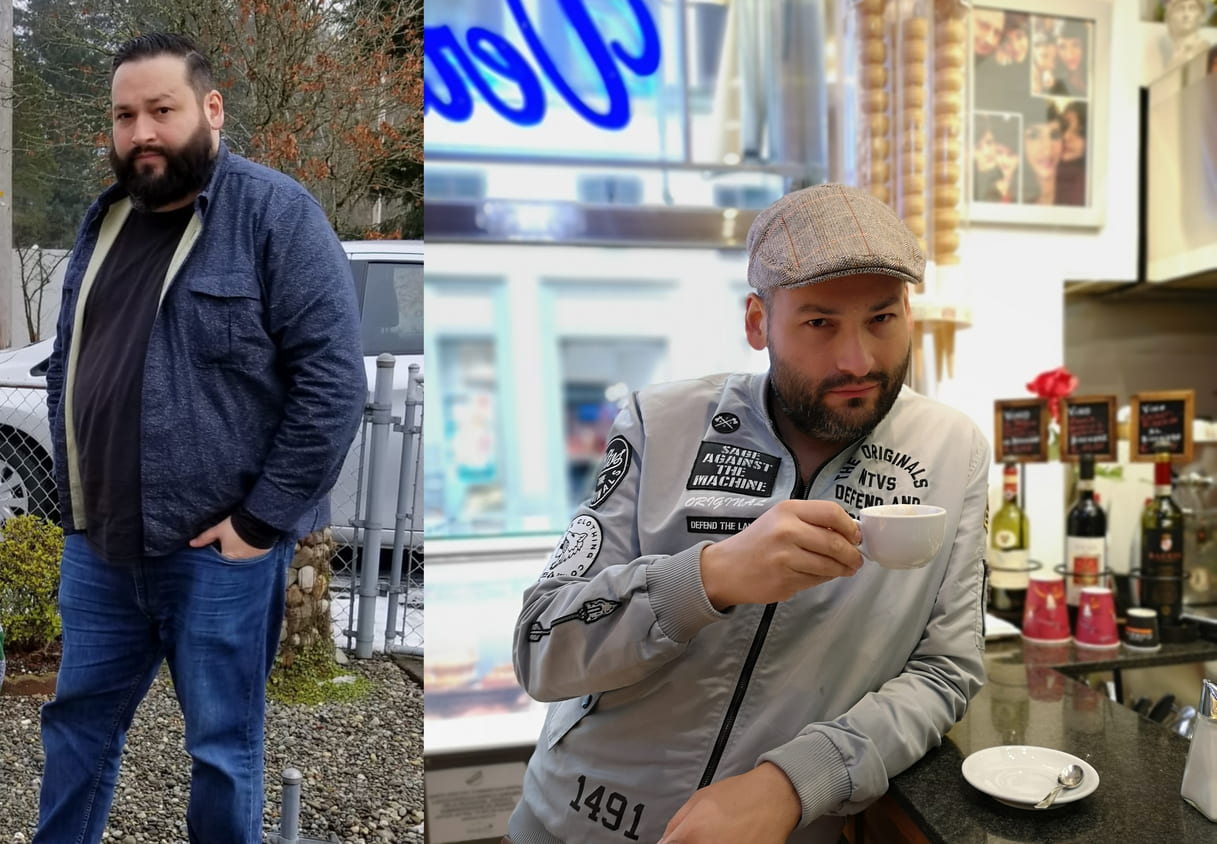
“I’ve lost 100 pounds since July.”
 Photos courtesy of Zach Johnston
Photos courtesy of Zach Johnston
When UPROXX travel writer Zach Johnston dropped that bombshell on Foodbeast’s The Katchup podcast, everyone was stunned. Johnston’s weight loss story is incredible, but not just because he dropped an average of over 10 pounds per month in that time span. It’s the diet and lifestyle he switched to that really stood out.
“I started fasting for 18 hours a day,” he said, introducing his unique diet plan. As for meals, “I just straight up do wild proteins, greens, wild rice a couple of times a week, throw in some beans every now and then. I seasonally do squash, corn, things like that.”
The type of diet Johnston is subscribing to can best be described as an “indigenous” diet, because it’s based on the foods that American Indians ate throughout history until US governmental oppression forced them out of most of that culture. Before moving away from the reservation, Johnston’s family was part of the Skokomish Tribe in Washington State. He has long been writing stories about these types of foods, their history, and how it’s almost impossible to find it represented in today’s restaurant scene.
For those unfamiliar with the indigenous history, American Indians long occupied the modern United States until the idea of “Manifest Destiny” came along. As the USA spread its influence across the continent, according to Johnston, tribes’ camps, cultures, and history were often decimated, with younger generations brainwashed into the mainstream colonist lifestyle. A major result of that “cultural genocide” is that most of the tribes’ food history was lost. Only spoken-word tales and adaptations to living on harsh reservations remain.
Johnston grew up in that food history and culture, and living off of the resources that were around him helped instrumentally with his diet. While Johnston lives in Germany these days, he can still get a lot of those ingredients in the country. It shows that these indigenous or wild foods, and a diet centered around them, are attainable even in today’s grocery store society.
“You can find all of this food around you,” Johnston confirms. “There’s bison, wild fish in the supermarkets. You can have a wild lifestyle through razor clams, butter clams, oysters, crab. It’s not impossible to have wild foods.”
By going into this dietary lifestyle, Johnston explains, and focusing in on stuff that’s wild around your area, you can feel “more sustained.” This is especially true with grains like wild rice, which is heftier than the standard white rice we find in stores, meaning you don’t need to eat as much of it.
However, it’s also not a great idea to just rush out into the wild and start picking the foods yourself. That ability comes with knowledge of what’s safe to eat. There are guides based on your local region typically available on places like Amazon, but there are also alternatives to foraging.
“Obviously, not everyone can just rush out into the fields and start picking everything they need to make a salad,” Johnston said. “That doesn’t mean we can’t start growing more of this shit, because it’s an agriculture from here.”
Through eating an indigenous diet and growing more of our own food, though, it’s clear through people like Johnston that the health benefits, alongside the awareness it gives to a culture that truly deserves it, are a massive plus. Because this type of diet is high in key nutrients like fiber, omega-3 fatty acids, and protein, it can help with everything from muscle and bone strength to brain function and mental health.
You can listen to Johnston’s full take on indigenous foods, his diet, the history of American Indian culture and food, and more on the most recent episode of The Katchup, embedded above.
*Author’s Note: “American Indian” and “Indigenous” were both terms preferred by Johnston in his conversations on The Katchup.



